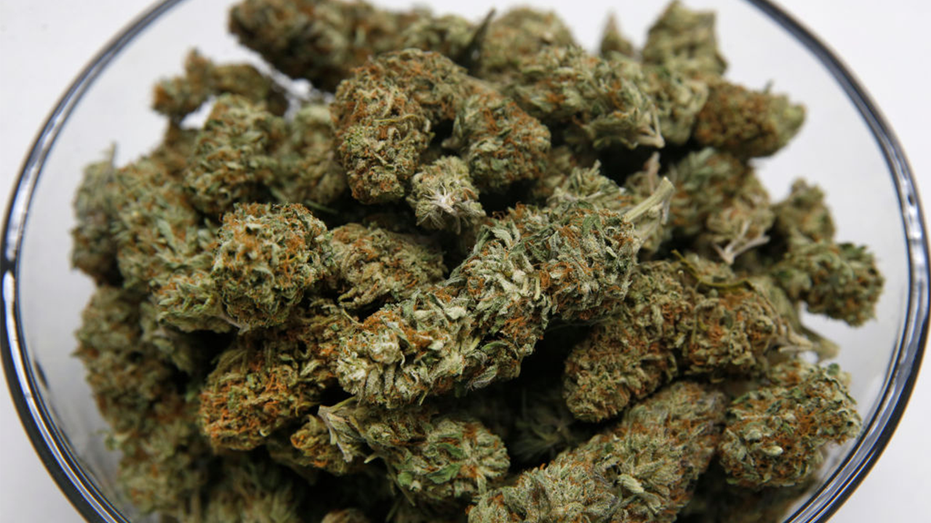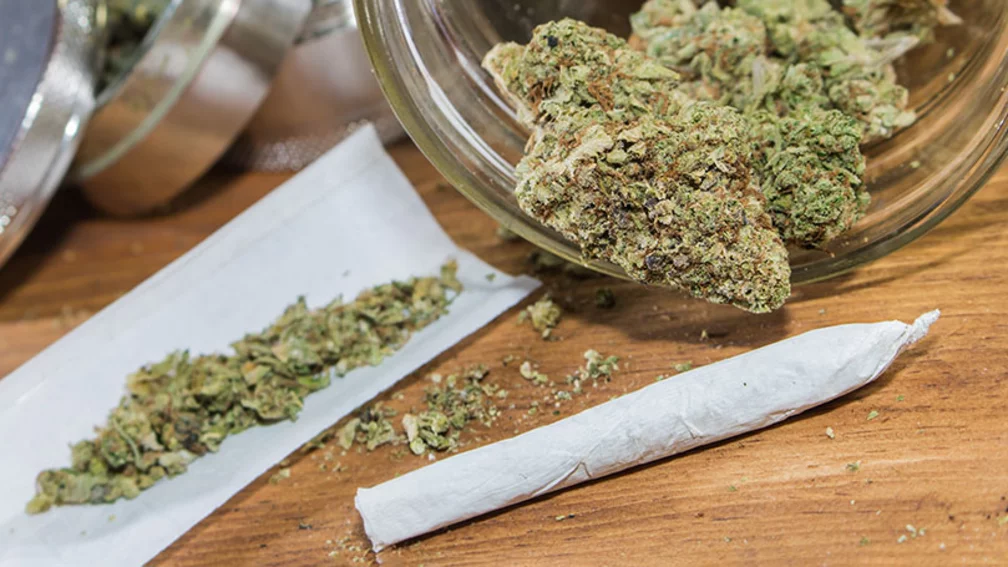
Self-care with medical marijuana involves utilizing cannabis products for therapeutic purposes to support overall well-being and manage specific medical conditions. Here are some ways medical marijuana can be incorporated into a self-care routine with https://gasdank.com/product-category/self-care/:
Self-Care With Medical Marijuana
- Consultation with a healthcare professional: Before incorporating medical marijuana into your self-care routine, it’s crucial to consult with a healthcare professional who specializes in medical cannabis. They can assess your specific needs, provide guidance on strains and dosages, and ensure that it is a suitable option for your condition.
- Pain management: Medical marijuana is commonly used to manage chronic pain conditions. By selecting strains or products with higher levels of THC or CBD, individuals can potentially experience relief from pain, inflammation, and muscle spasms.
- Stress and anxiety reduction: Medical marijuana can help alleviate symptoms of stress and anxiety disorders. Strains high in CBD or balanced ratios of CBD and THC are often preferred for their anxiolytic properties, providing relaxation and promoting a sense of calm.
- Sleep improvement: Medical marijuana can aid in addressing sleep disorders such as insomnia. Strains or products with higher levels of CBD, myrcene, or other sedating terpenes may help induce drowsiness and improve sleep quality.
- Nausea and appetite stimulation: Medical marijuana has been used to manage nausea and stimulate appetite, particularly in individuals undergoing chemotherapy or dealing with eating disorders. THC-dominant strains or products are commonly recommended for these purposes.
- Symptom management for specific conditions: Medical marijuana may be prescribed to manage symptoms associated with conditions such as multiple sclerosis, epilepsy, Crohn’s disease, and glaucoma. It can help reduce spasticity, seizures, inflammation, and intraocular pressure, respectively.
- Topical applications: Medical marijuana-infused topicals, such as creams, lotions, and balms, can be applied directly to the skin to alleviate localized pain, inflammation, and skin conditions like eczema or psoriasis.
- Personalized dosing and delivery methods: With medical marijuana, you have the flexibility to personalize dosages and choose from various delivery methods, such as inhalation, oral ingestion, sublingual administration, or topical application. This allows you to find the most effective and comfortable approach for your needs.
- Regular monitoring and adjustments: It’s important to monitor the effects of medical marijuana on your symptoms and overall well-being. Keep track of dosage, strain preferences, and any potential side effects to ensure optimal results. Regular communication with your healthcare professional is vital to make any necessary adjustments to your treatment plan.

Remember, self-care with medical marijuana should always be done under the guidance and supervision of a healthcare professional. They can provide specific recommendations tailored to your medical condition, and help ensure that the use of medical marijuana aligns with your overall treatment plan.
